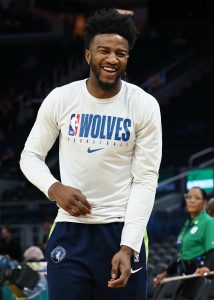During a typical NBA league year, there’s a freeze on trades between the winter trade deadline and the end of a team’s season in the spring. Once the regular season ends, the 14 non-playoff teams are once again permitted to make trades, with other clubs regaining that ability as they’re eliminated from the postseason.
However, due to the unusual nature of the 2020 NBA calendar, things will look a little different this year. As Bobby Marks of ESPN explains, no teams are currently permitted to make trades, including the bottom eight teams who aren’t participating in the summer restart in Orlando. Even though the offseason has begun for those eight non-Orlando clubs (the Warriors, Timberwolves, Cavaliers, Pistons, Hawks, Knicks, Hornets, and Bulls), a transaction moratorium remains in place for them following last week’s brief transaction window.
According to Marks, the likely outcome is that the league and the players’ union will agree to lift the moratorium once the first round of the playoffs gets underway on August 17. At that point, non-playoff teams – including the six teams in Orlando that don’t make the postseason – would be allowed to make trades, waive players, and sign certain players to contract extensions.
Of course, while non-playoff teams are generally permitted to make trades and other roster moves as soon as the postseason gets underway, we usually don’t see the first trades of the offseason completed until around the time of the draft. So we shouldn’t expect a flurry of moves if the moratorium lifts in August — most of the offseason’s deals will still likely come in October, when the draft and free agent period take place.
For the time being, the only permissible NBA transaction is the signing of a substitute player. The 22 teams participating in the restart can sign a substitute to replace any player who voluntarily opts out or who contracts COVID-19. The player being replaced would subsequently become ineligible for the rest of the season.
